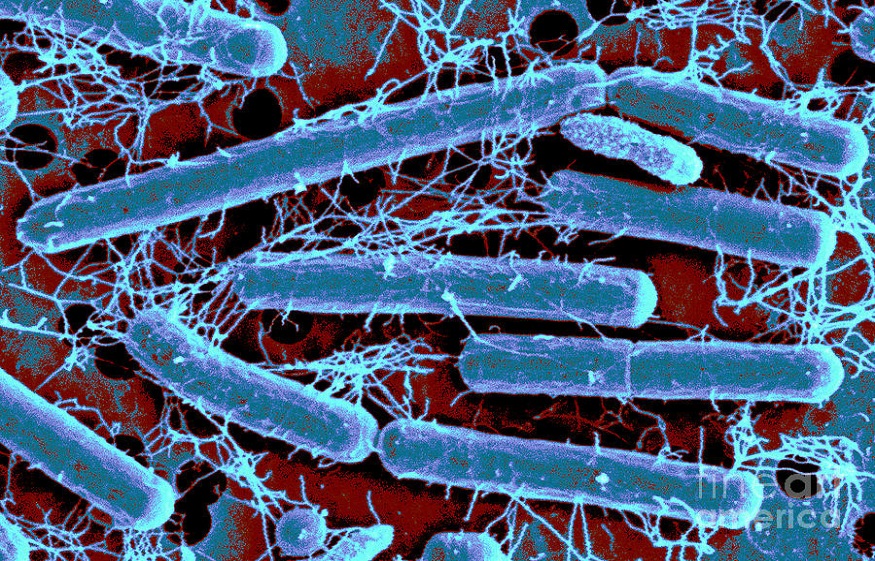Bacterial vaginosis (BV) is an infection caused by an overgrowth of harmful bacteria affecting the balance of flora, or beneficial bacteria, normally found in a woman’s reproductive tract. The most common symptom is abnormal discharge, accompanied by a strong fishy odor and itching or irritation. Because symptoms are often mild or absent, BV may go undiagnosed and untreated. Although BV is not considered a sexually transmitted disease (STD), it can lead to complications in pregnancy and affect fertility. And therefore, it’s important to seek bacterial vaginosis treatment early.
What are the causes of bacterial vaginosis?
BV results from an imbalance of “good” and “bad” bacteria in the birth canal. These good and bad bacteria normally live in harmony. However, when the balance tips in favor of the bad bacteria, BV can develop. The most common cause of this shift is unprotected sex with multiple partners, but there are other causes. Menstrual blood, douching, and using spermicidal jelly can also disrupt the balance of good and bad bacteria in the vagina.Untreated BV can lead to pelvic inflammatory disease (PID), which
What are the symptoms of bacterial vaginosis?
Symptoms of BV includes:
- Grey vaginal discharge that usually does not have any odor
- Burning sensation when urinating or itching in the genital area
- Pain during intercourse
- More frequent urination, especially at night
- Yellowish-white discharge from the cervix
How to avoid bacterial vaginosis
Abstinence:
One of the most effective methods is abstinence. Not having sex is by far the most effective way to prevent bacterial vaginosis. If you already have a bacterial vaginosis infection and are having sex, see your doctor immediately so they can prescribe an antibiotic or other treatment that’s necessary to clear up the infection before it becomes worse.
Limiting the number of sexual partners:
The most critical thing you can do to avoid getting bacterial vaginosis is to limit your number of sexual partners. If you have multiple partners, you are at an increased risk of getting bacterial vaginosis. Having unprotected sex with multiple partners also increases your risk because bacteria from your partner can enter your body during intercourse.
Wear cotton underwear:
To avoid BV, wear cotton underwear whenever possible. Cotton allows your body to breathe and helps keep you from sweating too much. Sweat can lead to yeast infections, which often have symptoms similar to bacterial vaginosis. If you’re wearing synthetic underwear and notice unusual discharge or odor, try switching to natural fibers for a week to see if that improves things.
Avoid inserting foreign things in your vagina:
The best way to avoid bacterial vaginosis is to ensure that you’re not putting anything foreign in your vagina. This includes scented tampons, pads, deodorant sprays, and even perfumed soaps and bathing products, any product that contains a fragrance that comes into contact with your vulva can cause issues down there
Key Takeaway
Bacterial vaginosis (BV) is a condition that is caused by the growth of an overgrowth of bacteria in the vagina, including lactobacillus. When this happens, the pH level of your vagina gets thrown off and becomes more alkaline than normal. The most prevalent symptoms are a thin discharge with an unusual odor and burning during urination or intercourse.

